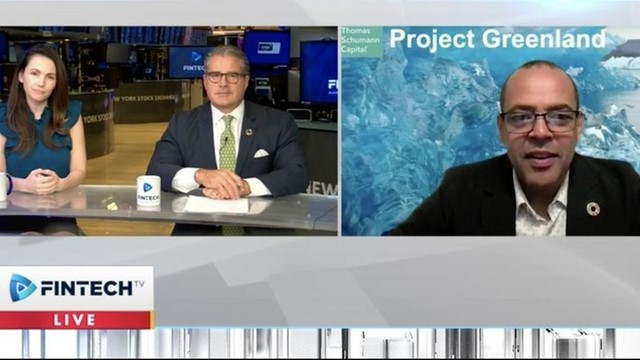The International Water Association (IWA) has published the third edition of the Global Trend Report in Water Science, Research and Management. The report is a comprehensive compendium of hot topics and features from 28 IWA Specialist Groups.
This edition was formally launched on 13 September in Copenhagen at the World Water Congress & Exhibition, an agenda-setting gathering of water experts to address global water challenges convened by IWA.
The report presents challenges and opportunities related to three main themes:
Innovative Technologies
Water and Health
Resource Recovery and Circular Economy
The report finds that the circular economy and innovative technologies are among the main trends in water science, research and management.
The study finds that a major ‘One Water’ paradigm shift is gaining momentum in the water industry, and most widely in our society, embracing the concept of the circular economy, surrounding how we think about waste. This includes how wastewater is managed and reused for multiple applications.
“Processes such as Anaerobic Digestion, are no longer seen as a ‘waste treatment’ technology, but as a fundamental enabler of the envisaged circular economy through resource recovery, including energy, safe water and nutrients like phosphorus, from valuable by-products coming from industries, municipalities and agro-industrial settings” adds Hong Li, IWA Regional Director for Asia & Oceania.
Anaerobic digestion, bioethanol, acetic acid, lactate and hydrogen production, membranes and tri-generation are some of the most promising technologies allowing the recovery of by-products and simultaneous production of heat, cooling and power with technical, economic and environmental benefits. However, there are numerous other technologies currently being researched and implemented too. Additionally, the report suggests that agricultural water reuse for irrigation of food crops is increasingly used and provides additional benefits such as a decreased need for fertilisers due to elevated nutrient content in recycled water.
Moreover, water reuse can also contribute to the alleviation of the current global energy crisis. Biogas from wastewater treatment is an energy source and can be upgraded to biogenic methane for vehicle fuel or as a natural gas substitute in gas-grid systems.
Additionally, the report confirms that new technologies both related to hardware and software are providing a significant input to research, allowing new solutions to old problems, such as the mitigation of flooding, the maintenance of water systems, the location of leakage, contaminant intrusions and more. This trend will continue to change the water sector, giving managers a more complete vision of their systems and allowing for immediate actions.
Download the full publication here



